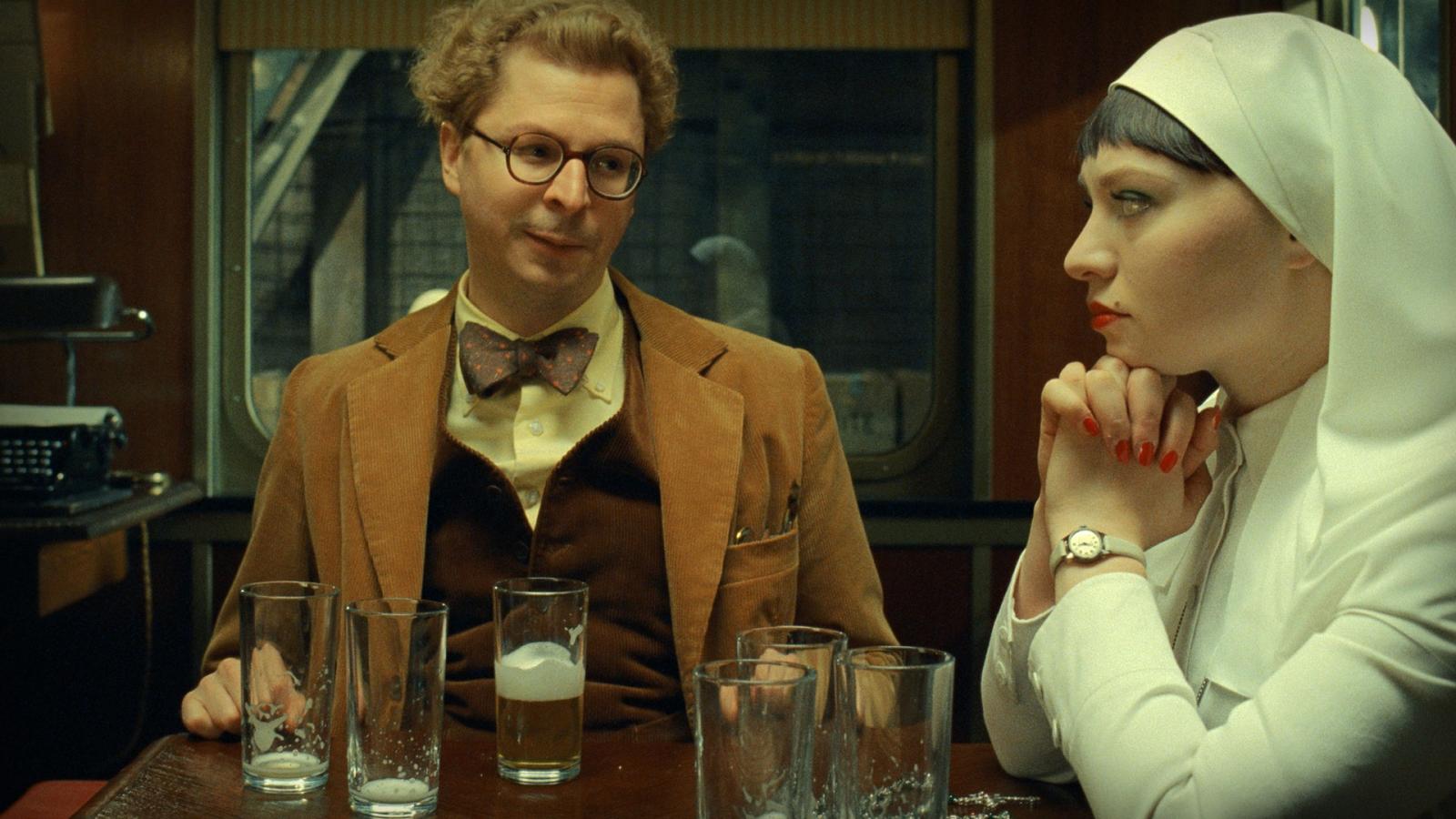The Phoenician Scheme Is Wes Anderson's Biggest Flop Since 2007

Wes Anderson's The Phoenician Scheme is quietly wrapping up its theatrical run—and the numbers aren't pretty.
Despite a Cannes premiere, a stacked cast, and the usual Anderson flourishes, the film is now officially his lowest-grossing release in nearly 20 years.
This was supposed to be another meticulously crafted, whimsical ensemble comedy. Instead, it's turned into a cautionary tale about diminishing returns.
Here's where things currently stand:
- Domestic gross: $18 million
- International gross: $17 million
- Global total: $35 million
- Reported budget: $30 million
- Current theater count: ~300 locations
That puts The Phoenician Scheme neck-and-neck with The Darjeeling Limited, which also made around $35 million back in 2007—except Darjeeling didn't have to compete with streaming, market saturation, and post-pandemic disinterest in boutique theatrical releases.
This is Anderson's third post-pandemic feature. Of the three, only Asteroid City crossed the $50 million mark worldwide. The French Dispatch fell short at around $45 million, and now The Phoenician Scheme is struggling to hit even that.

Reviews weren't bad—just not enthusiastic enough to pull people off their couches.
It currently sits at 78% on Rotten Tomatoes, with critics calling it "a caper made with all the intricacy of a Rube Goldberg machine," which is a nice way of saying "more of the same."
The film stars Benicio del Toro, Michael Cera, Tom Hanks, Riz Ahmed, Bryan Cranston, Scarlett Johansson, and others. None of them seem to have been able to move the needle.
Anderson recently won an Oscar for his Netflix short The Wonderful Story of Henry Sugar, but that's streaming. In theaters, his brand seems to be running out of oxygen. The Phoenician Scheme is expected to arrive on PVOD in the coming days, presumably in hopes that someone out there still wants to watch it.
Until then, it's stuck as Anderson's weakest box office performer in nearly two decades—further proof that indie auteurs, no matter how stylized, aren't immune to the cold economics of theatrical decline.